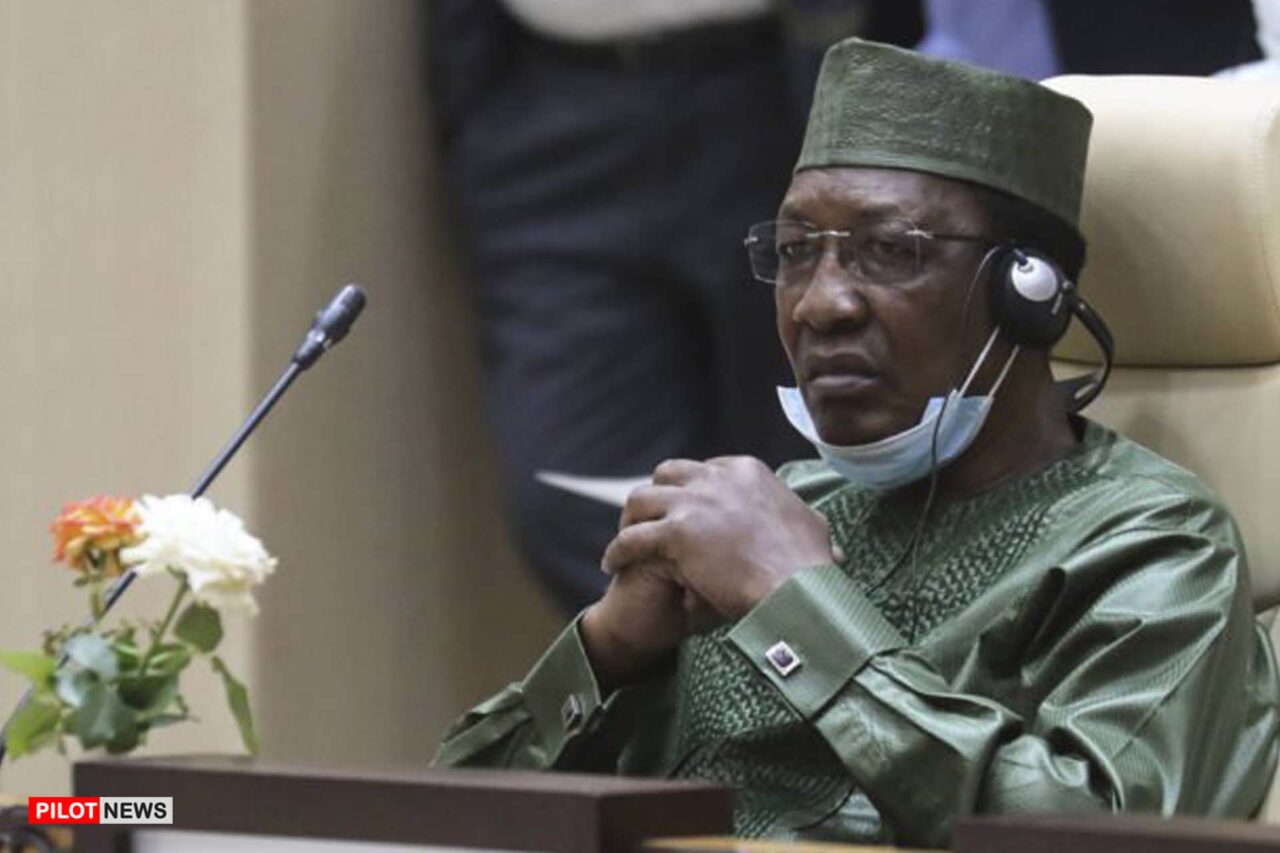By Michelle Gavin
The ripple effects emanating from the death of Chadian President Idriss Déby on April 20 are only beginning to be apparent. Most immediately, the future of Chad has been thrown into question. Déby reportedly died while on the frontlines fighting rebel forces, just days after cementing his continued grip on power through a staged election devoid of both integrity and suspense.
On the one hand, dissolving the parliament and installing a military officer from Déby’s family at the head of a Transitional Military Council is not much of a departure from the way Chad has been governed for decades—it simply sheds the institutional and electoral window dressing that has adorned the military dictatorship. But on the other hand, there was a clear constitutional prescription for how the country was to be governed in the event of the president’s death, and it has been completely disregarded. There may be a great deal of continuity in Chad’s immediate governing arrangements, but it is difficult to argue with the Chadian opposition leaders who have called the developments “an institutional coup d’état.”
The repercussions may be felt far beyond Chad’s borders. Should Chad become significantly less stable, it will mean that one of the region’s most competent militaries will have less attention to devote to efforts to combat transnational terrorist threats. Equally, the casting aside of the constitution in Chad could be bad news for Sudan’s fragile transition, in which would-be democrats must find themselves feeling increasingly lonely as many bordering states move in decidedly authoritarian directions. Chad has historically played a complicated role in Darfur, where resurgent violence has tested the Sudanese state’s ability to deliver security for all of its citizens. Instability and the potential for explosive power struggles in Chad complicate the picture and add to the list of pretexts military and militia actors may use to insist that they remain the dominant actors in Sudan’s government.
This week’s events in Chad also serve as a reminder that no leader is a permanent fixture on the world stage. It is easy for policymakers in Paris or Washington to forget that the bargains they strike in the name of ensuring stability—or regional influence—can have shorter shelf lives than anticipated when they depend on one strongman’s ability to keep all opposing forces in check. All of the costs, in terms of undermining governance and human rights norms that Chad’s external partners purport to champion, remain to be paid. But the international security gains may prove far more ephemeral.
____
*Michelle Gavin tracks political and security developments across sub-Saharan Africa. This article first appeared in CFR.


